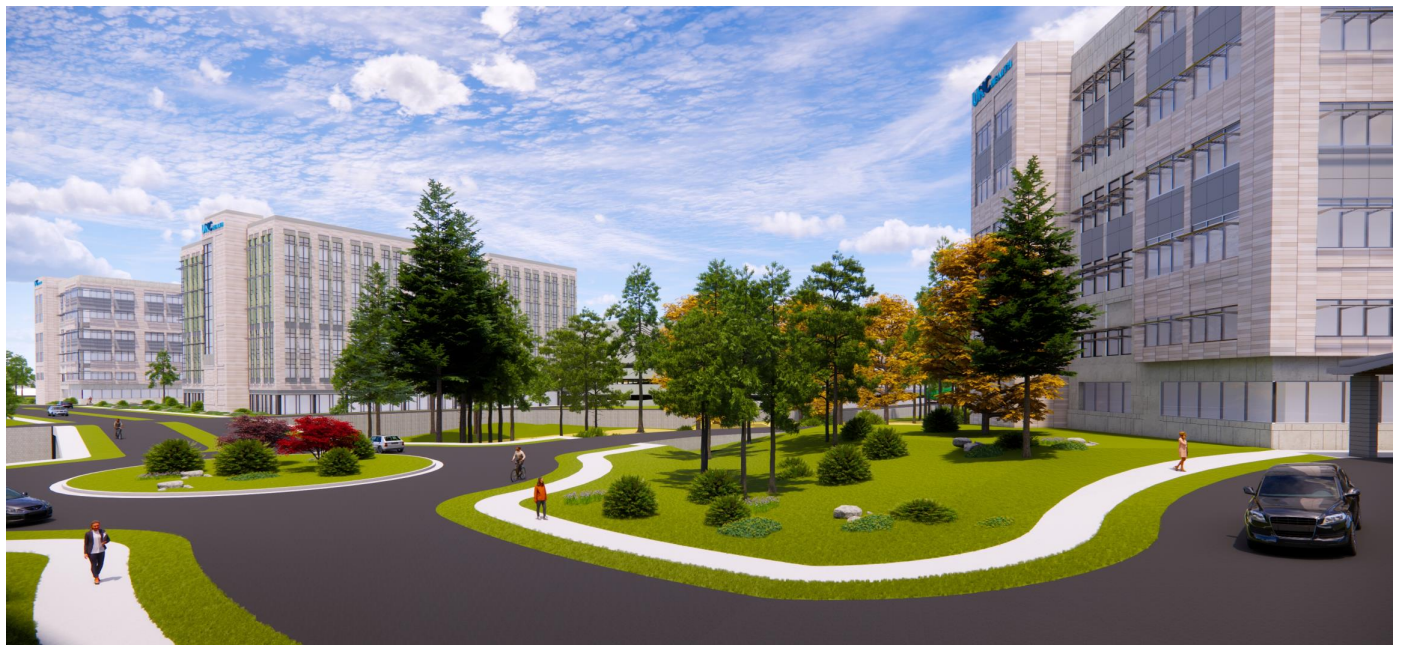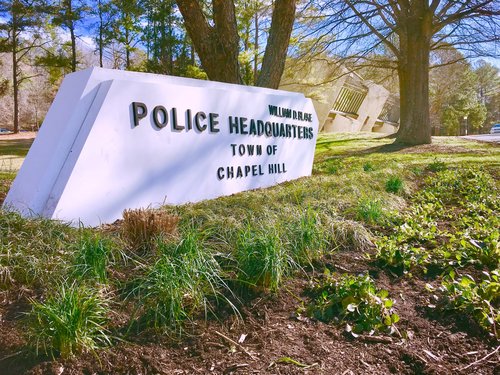After nearly a decade of debate, the Charterwood development is underway.
Bill Christian is the Chapel Hill-based developer behind Charterwood, one of the most contentious projects to come before the Chapel Hill Town Council in years.
While he’s glad to see the project finally breaking ground, the battle he fought to get to this point has left him bruised and bitter.
“I would not go through it again. There’s no possibility of my group making anything. We will lose money. That’s a foregone conclusion.”
According to Christian, the Charterwood project came before the Town Council 28 times since 2007. It was narrowly approved in 2012. But that wasn’t the end- neighbors filed suit against the developer and the town, and the mediation process that resulted lasted another year.
He says the approval process alone cost him upwards of $2 million dollars.
“It was certainly a poor outcome. My partners don’t blame me- that’s a good thing- because I could not have made up the process that I went through.”
Now, he’s sold a portion of the 15 acre lot to Zimmer Development out of Wilmington. They’ll build the first phase of the mixed-use project – a 154 unit apartment complex on nine acres near the corner of MLK and Weaver Dairy Road Extension. That’s under construction now and should be completed in a year.
“I think they’ll do a good job, and that’s important to me. What’s left to do is either stuff that we may do or future buyers may do, but I hope they also will do a good job. That’s important to me. It was from day one important to me.”
Christian still owns an adjacent five-acre parcel, which is zoned for a four-story mixed-use building plus a bank and a historic farm house he hopes to repurpose.
But he’s not sure he wants to continue to do business in Chapel Hill, given the kind of backlash he’s seen firsthand.
“I have often thought, ‘how did the process get to this point?’ For the whole time I’ve lived here, thirty years, it has surprised me. Why does everyone want to oppose virtually every project that gets proposed? It doesn’t matter the merits.”
He says he is encouraged to see the Council try new approval processes like form-based code.
“Form-based code is definitely a step in the right direction, because the way it’s supposed to work is that it takes the politics out of it, and that’s a good thing. The development review process here is highly political and that’s not a good thing for real estate.”
Chapel Hill’s form-based code is limited to 190 acres in the Ephesus-Fordham area. Since the council enacted the new zoning last spring, the Village Plaza Apartment project has already been approved and a second project application has been submitted.
The Ephesus-Fordham district is a test case to see if new methods of zoning and approval can spur economic development. Currently, there are no plans to extend the code to other parts of town.







Comments on Chapelboro are moderated according to our Community Guidelines